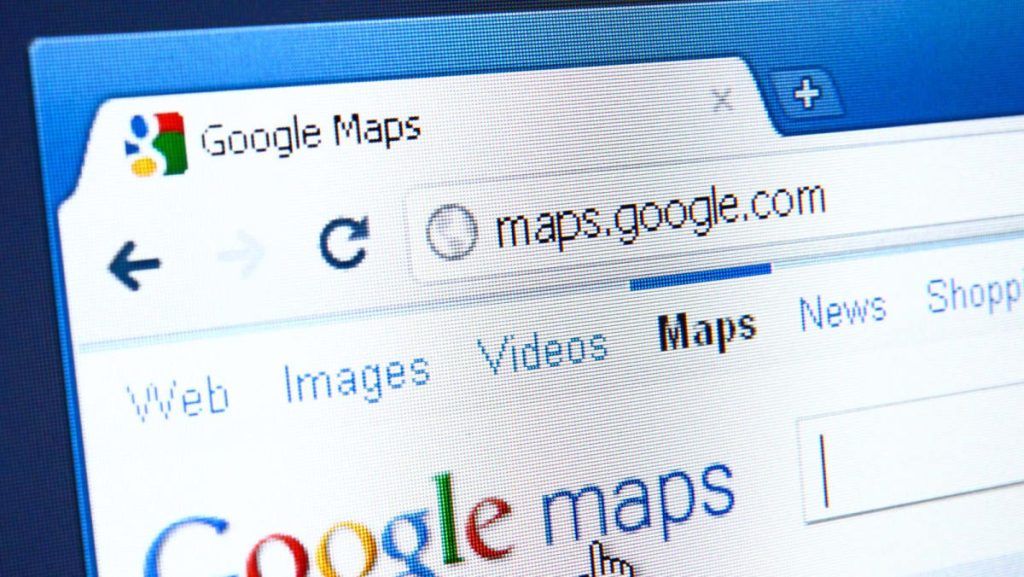A group of around 60 doctors in Japan has filed a class-action lawsuit against Google Maps, accusing the platform of ignoring negative and vitriolic reviews of their clinics. The doctors are seeking 1.4 million yen in damages from Google, claiming that they are unable to respond to or refute these reviews due to patient confidentiality obligations. One of the doctors involved in the lawsuit described feeling like a “punching bag” due to the online abuse they receive.
The lawsuit, filed at the Tokyo District Court, is said to be the first of its kind in Japan to target a platform over negative online reviews. The doctors’ lawyer, Yuichi Nakazawa, highlighted the difficulty in getting these reviews removed and the impact they can have on doctors who may fear receiving further negative feedback. The doctors argue that their primary objective is not necessarily patient satisfaction, but rather providing professional medical care, which may not always align with patients’ expectations.
According to the plaintiffs, doctors are often at risk of being subjected to personal attacks online from patients who may bear a grudge or have unrealistic expectations. The complaint notes that medical institutions that give patients only perfunctory diagnoses and prescribe requested medications may receive positive feedback from patients, even if this is not the best medical practice. These challenges can create a hostile environment for doctors, with the constant fear of negative reviews potentially affecting their ability to practice medicine effectively.
Online reviews have become a powerful tool for individuals to share their experiences with various services, including healthcare providers. However, the anonymity and ease of posting reviews can also lead to abuse and misuse of this platform. In this case, doctors are seeking accountability from Google for not taking action against slanderous or abusive reviews that can harm their professional reputation. The lawsuit raises questions about the responsibility of online platforms to monitor and regulate user-generated content that may have a detrimental impact on individuals’ livelihoods and well-being.
The case in Japan highlights the broader issue of online reputation management for professionals in various industries, including healthcare. As the influence of online reviews continues to grow, there is a need for clearer guidelines and policies to protect individuals from malicious or false feedback that can damage their careers. The outcome of this lawsuit could have implications for how online platforms handle negative reviews and the extent of their responsibility in addressing harmful content that targets specific individuals or businesses.
Overall, the class-action lawsuit filed by doctors against Google Maps in Japan sheds light on the challenges and risks associated with online reputation management in the digital age. The case underscores the need for a balance between freedom of expression and protection against abuse on online platforms, particularly for professionals such as doctors whose livelihoods depend on their reputation. By seeking accountability from tech companies like Google, individuals are raising important questions about the ethical and legal responsibilities of platforms in moderating user-generated content that can have real-world consequences.


